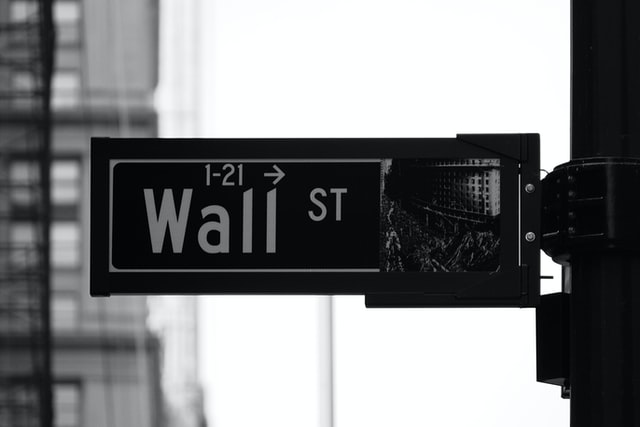By Lewis Huxley, Finance Graduate at Durham University
Chinese real estate firm Evergrande Group has been centre stage in recent weeks as a global consortium of interested parties await news of its ultimate fate. The property behemoth has fallen on difficult times leading from the economic shockwaves of Covid-19 and Beijing politics, finding itself at risk of defaulting on its obligations. While this kind of occurrence is not uncommon – especially in the modern leverage-fuelled economy – it has the potential to cause colossal damage when the debt in question surpasses $300bn.
In this case, that potential has been somewhat realised as global markets have been severely spooked by Evergrande’s potential collapse. While the group’s stock closed 10% down on Monday 20th September – down more than 80% this year – along with Hong Kong’s Hang Seng index falling to levels unseen since October last year, the gravity of the situation also impacted international markets. Wall Street marked its biggest one-day drop since May, with the S&P 500 falling 1.7% and the Nasdaq falling 2.2%. The VIX, measuring expected volatility in the S&P and often used as a ‘fear gauge’ for markets, hit its highest level since May at 28.8 before falling back to 25.7. The UK’s FTSE 100 and German DAX also closed down as the effects were felt across Europe too. Even cryptocurrency markets were hit, losing $250bn in value in response to the disturbance as Bitcoin, Ethereum and alternatives saw huge sell-offs.
The situation in China has been steadily worsening for the past months, with hundreds of protestors gathering outside of Evergrande headquarters in Shenzen demanding to be paid for overdue loans and other obligations. The group claims that they cannot liquidate assets fast enough to pay its large debts due to “tremendous pressure” on cashflow, but this has left many investors, homebuyers and even employees fearing large losses of their own. The underlying cause of the situation is undoubtedly years of borrowing to fuel fast growth, but recent crackdowns from Beijing to tighten borrowing in the sector have caused unprecedented problems for those most indebted. These crackdowns are a direct response to the county’s booming property sector, which some have claimed to be a bloated speculative bubble with the potential for far-reaching repercussions in the event of a crash. In China, the responses had been mixed with some feeling “numb about all this tightening” like an anonymous developer quoted in Reuters, while others have described new measures as “draconian”. When you combine this with an already battered economy following on from the effects of Covid-19, it is easy to see how problems could mount so quickly.
However, despite all of these hardships, well-managed companies should be able to weather challenges through thorough planning and strategy. The issue here is that Evergrande has long been known as a heavily indebted company – in fact, its use of leverage has helped it grow to the second largest property developer in China by sales during an incredible boom for the sector. Leverage refers to the use of debt to acquire assets, invest or undertake a new project. In the modern economy, leverage has enabled unparalleled growth for thousands of companies seeking to grow their market share exponentially. While leveraging can be an incredibly effective tool when harnessed correctly, it can also open companies up to a huge amount of risk. Just like a trader who uses leverage to increase their capital, if markets move in your favour you amplify your profits, but if they move against you then your losses can quickly pile up. In other words, leverage is a double-edged sword that should not be used lightly. For Evergrande, it appears this truth has been realised too late to change course.
What now remains to be seen is the true fallout from this event. Markets seem to have recovered from the initial shock on Monday, with Wall Street making modest gains on Tuesday and responding positively on Wednesday to the group’s announcement that a deal had been struck for domestic debt payments. This deal seems to have calmed immediate contagion concerns and at this stage, it appears that this will not be another ‘Lehman moment’ for the global economy. Instead, it could be closer to what happened with LTCM (Long-Term Capital Management), with many sources expecting Beijing to take control of the situation. But the inherent problems raised by this situation still exist. The financials of Chinese companies are notoriously secretive, making it more difficult to assess situations objectively and leading to multiple controversies over the years – see Alibaba or Luckin Coffee. International market integration provides many benefits, but it also means that domestic crises are rarely contained to a single country which increases the risk of contagion. Poorly financed companies will inevitably find ways to increase leverage up until the point it becomes untenable. It is worrying to think that, while Evergrande may not be a ‘tipping point’ as such, it may take a full-blown crisis to force change over issues that are perpetually plaguing the global financial system.





























